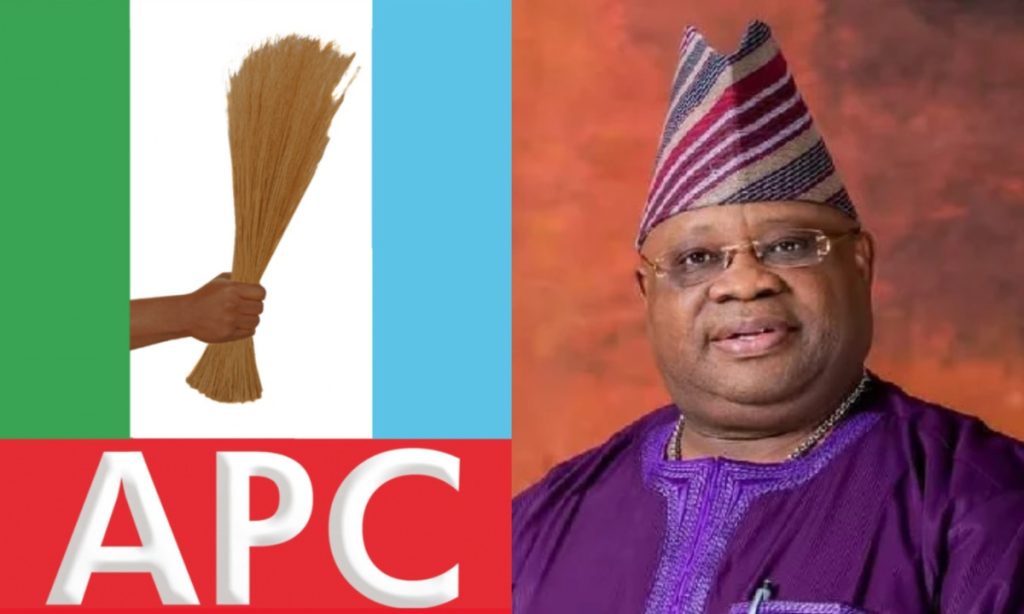The world is facing a deepening teacher crisis, with far-reaching consequences for global development, according to UN Deputy Secretary-General Amina Mohammed. Speaking at the UNESCO World Summit on Teachers in Santiago, Chile, Mohammed emphasized the critical role educators play in shaping the future, influencing everything from environmental preservation to peaceful elections.
The crisis is characterized by a global shortfall of 44 million teachers needed to meet universal education targets by 2030. This shortage is attributed to low and often delayed salaries, an aging teacher workforce, surging school enrollments without matching resources, and persistent gender inequalities, particularly in STEM fields. As a result, many young teachers are leaving the profession within their first years due to low pay, heavy workloads, and lack of professional development.
To address this crisis, Mohammed laid out a five-point plan, which includes elevating the teaching profession through fair pay and stable contracts, financing education as a top budget priority, advancing gender equality, supporting digital transformation, and protecting teachers in crisis zones. The plan also emphasizes the need for increased funding, with an estimated annual cost of $120 billion to recruit the required number of teachers.
UNESCO Director-General Audrey Azoulay also highlighted the complexity of the challenge, noting that no single actor can bridge the gaps alone. She emphasized the need for collective action, level heads, and clear thinking to tackle the multiple causes behind the crisis. The summit’s outcomes are expected to inform concrete commitments ahead of the World Social Summit in Doha this November, with proposed national teacher compacts, a financing track, and a teacher-led digital pact.
The teacher crisis has significant implications for the achievement of the Sustainable Development Goals, with quality education being the foundation of all development efforts. As Mohammed noted, “Without teachers, none of it is possible.” The international community must respond to this slow-burning emergency with urgent action, recognizing the critical role teachers play in shaping the future and providing them with the necessary tools, trust, and conditions to succeed.



